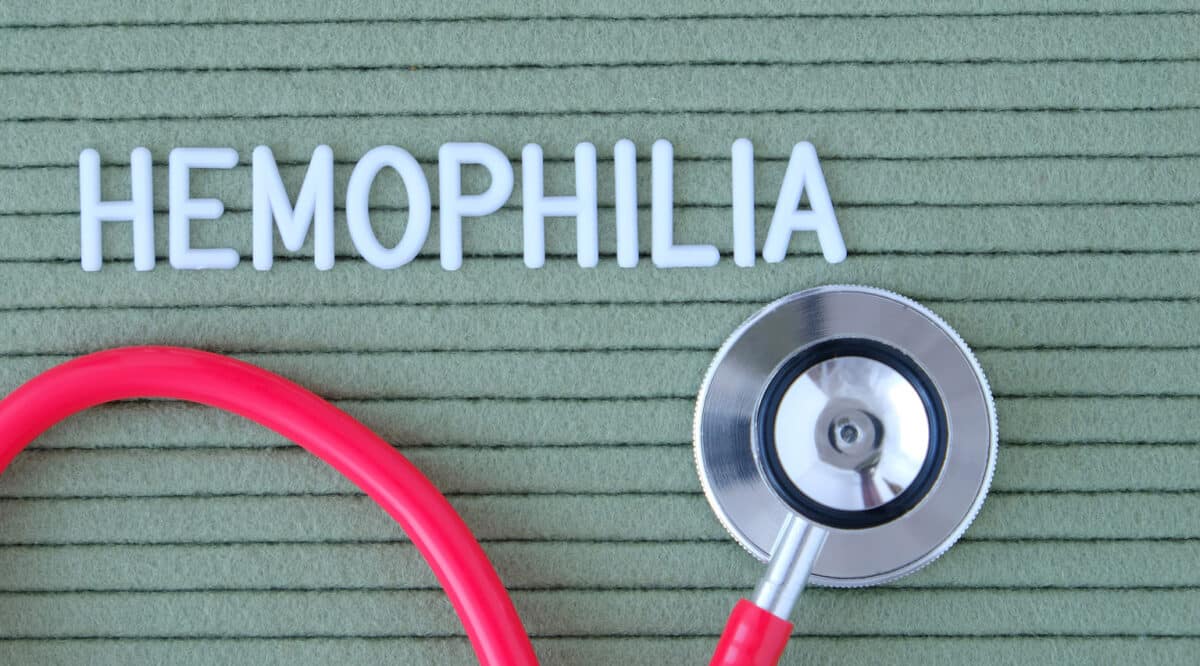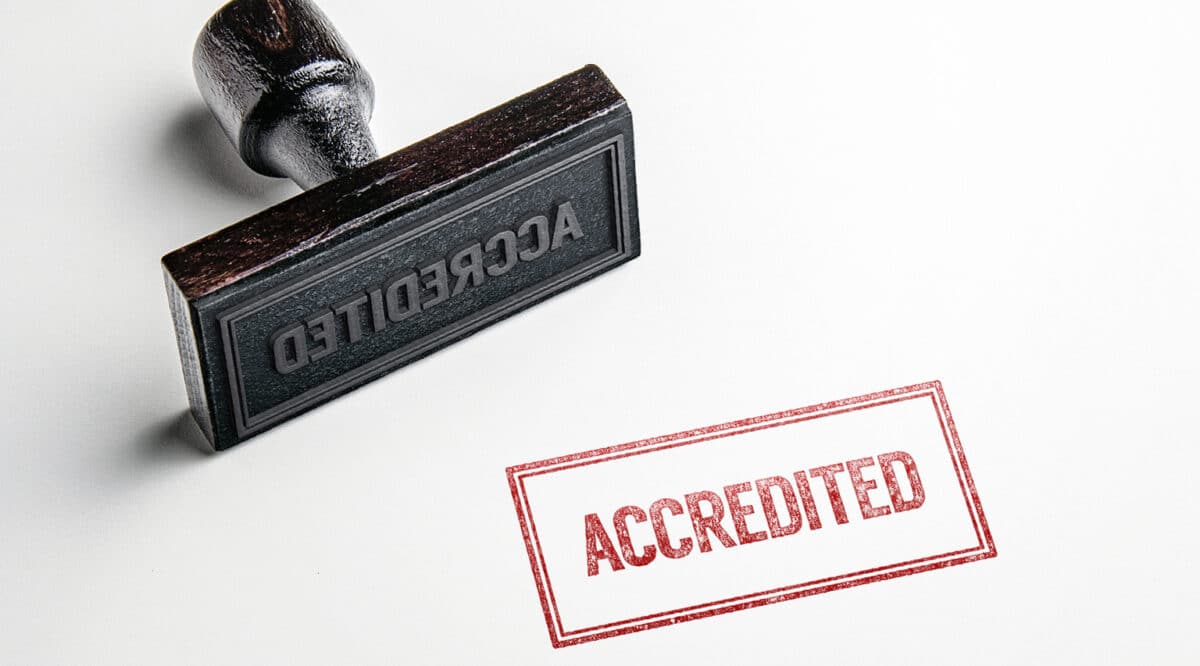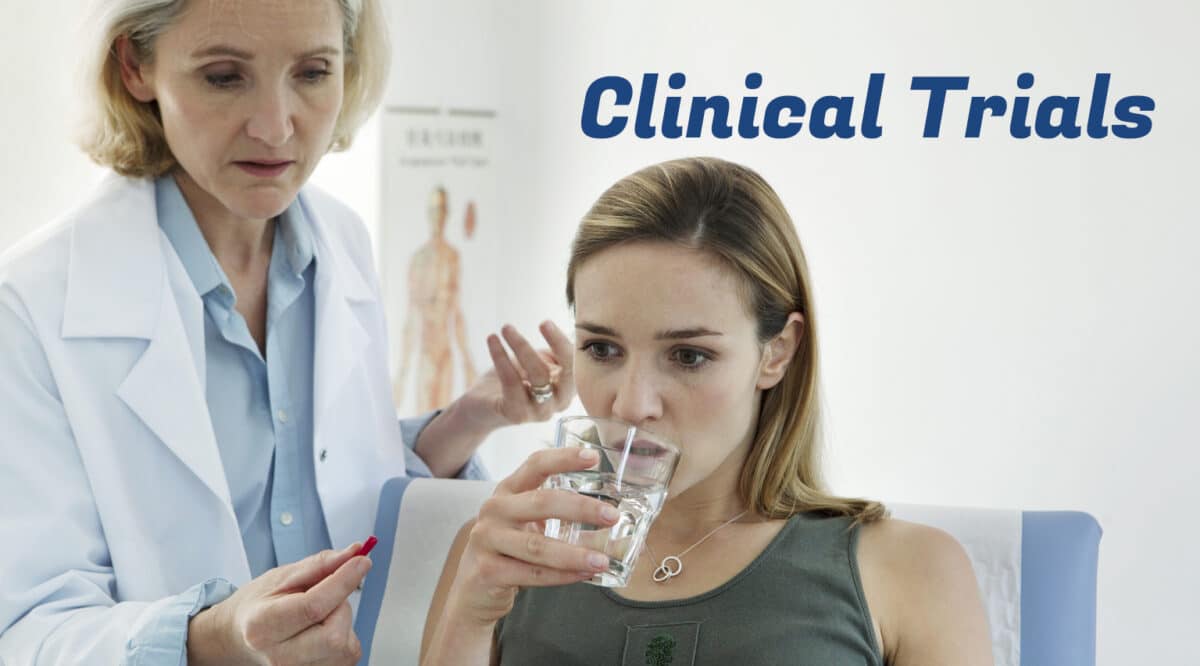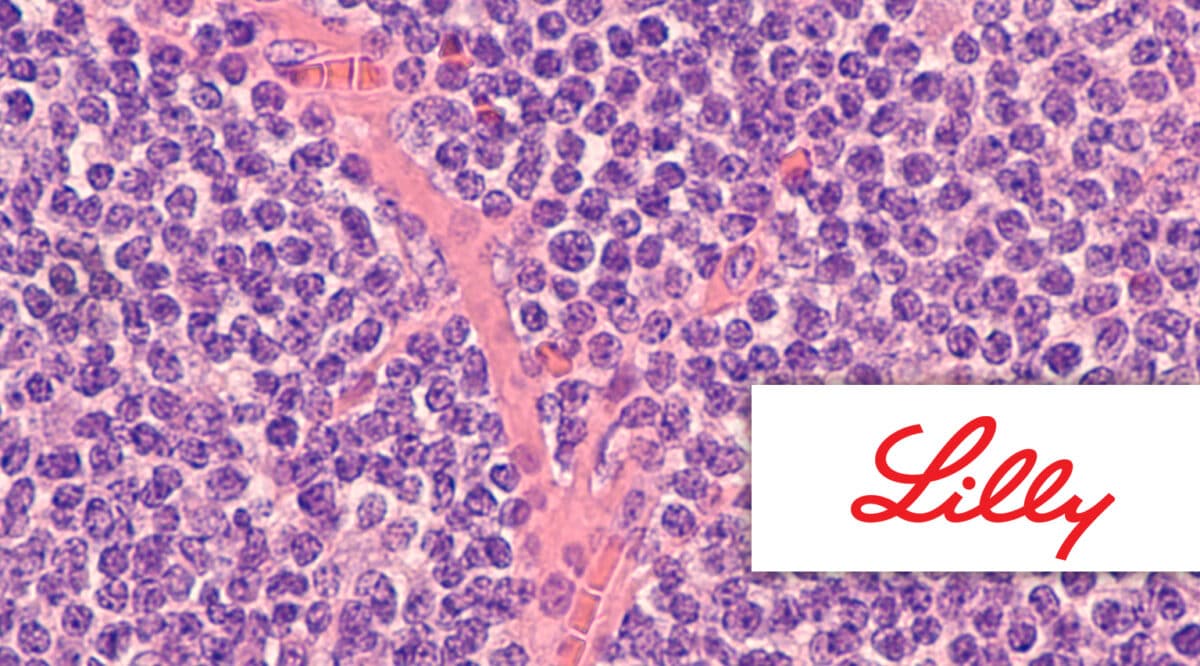The number of biosimilars launching in 2023 will spike as legal challenges around patent infringement are finally expiring. That will only exacerbate the problem of biosim adoption that has been inherent in the marketplace since biosims started to be approved in 2015. In short, biosimilars are still struggling to gain traction….. and a recent survey says that communications are at the heart of the problem.
Some of the survey highlights include:
- Oncologists felt that switching decisions were typically initiated by pharmacies (29.0%) or hospital/treatment centers (19.4%). Note, there is only a handful of biosimilars with ‘an interchangeable’ designation.
- Patients (55.2%) said they were given an option to switch to a biosimilar. 63.9% went through with the switch / 8.6% declined to switch.
- Patients reported (40.8%) that they were never notified of a payer driven biosimilar switch, and only 26.4% said their oncologist or physician briefed them.
- The top three most common reasons for switching, as reported by oncologists
– Payer requirements (23.5%),
– Biosimilars were considered identical (14.1%), and
– Hospitals wanted to save money (12.9%).
- Only 9.3% of patients felt that the payers could be trusted to make the right decisions about switching! It is also noteworthy that only 12.1% of oncologists felt similarly!
- 35.3% of patients felt they had been given the opportunity to ask questions about biosimilars
- Only 43.4% of patients felt that the biosimilar would be as effective in treating their cancer!
- And, only 79.4% of oncologists felt the biosimilar would be just as effective as the reference product!!!
As the researchers said, “If biosimilar acceptance is to grow, it’s going to take a great deal of work to improve the levels of trust between payers, patients, and oncologists.”
—————————————————————————————-
Researchers Identify a Communications Breakdown Over Biosimilars
June 6, 2022Researchers have identified what they say is a critical lack of communication about biosimilars between patients with breast cancer and their oncologists, based on surveys conducted from 2020 to 2021.
They also said many switches from the reference product Herceptin (trastuzumab) are dictated by payers and much needs to be done to improve the levels of trust between payers, patients, and oncologists if biosimilar acceptance is to grow.
“There is a need for tailored and effective patient and oncologist information and education on trastuzumab biosimilars, along with improved health care communications regarding switching,” wrote lead author Elizabeth Lerner Papautsky, Ph.D., M.S., an assistant professor in the Department of Biomedical and Health Information Sciences at the University of Illinois at Chicago. Papautsky and her colleagues reported their results in May in the journal Breast Cancer Research and Treatment.
In two separate surveys, Papautsky and her colleagues collected responses from 143 patients with breast cancer and 33 medical oncologists. The researchers said that 63.9% of patients reported they had been switched to a trastuzumab biosimilar–most often Kanjinti (69.8%)–and of those, 40.8% reported they had been given no prior notice they would be switched.
In none of the responses did oncologists ever say that the switch to a biosimilar was initiated by them. It was most commonly the case that the switch was mandated by the payer (45.2%). Oncologists were much more likely than patients to report satisfaction with the way biosimilar information had been communicated.
“The discrepancy between patient-reported experiences and oncologists’ perceptions of the patient experience suggests a lack of adequate information that may be a challenge not only to the uptake of trastuzumab biosimilars, but to the patient oncologist relationship,” Papautsky and her fellow researchers wrote.
The authors expressed strong concern that these communication gaps be rectified because, they said, Herceptin is a costly drug and biosimilars represent an important opportunity to improve patient access and lower the cost of health care. Payers have latched onto the savings aspect, they said. “Literature suggests that with increasing availability of biosimilars, a variety of switching scenarios have become common across disease types.”
They cautioned that “with guidelines often being vague, the practice of switching is largely unregulated.”
Because of the above-described patient/doctor disconnect on biosimilars, many patients resorted to self-directed research to find out about these biologic alternatives, the report said.
Among patients participating in the survey, 58.1% were fully covered by private insurance and 99.3% and 91.4% were female and white, respectively. Responding oncologists were most likely to work in an urban setting (68.0%) or at an academic center or affiliate (35.3%).
Despite the communication problems, most patients (55.2%) said they were given an option to switch to a Herceptin biosimilar–it wasn’t forced on them. And of patients who responded, 63.9% went through with the switch. Papautsky said 8.6% declined to switch.
However, lack of prior notification about switching was a problem, patients reported (40.8%); and just 26.4% said their treating oncologist or physician briefed them beforehand about biosimilars. Smaller percentages of patients said they got that type of information instead from advanced practice practitioners (5.7%), chemotherapy nurses (15.5%), or others.
Oncologists said that if not dictated by payers, switching decisions were typically initiated by pharmacies (29.0%) or hospital/treatment center administrations (19.4%).
The three most common reasons for switching, as reported by oncologists, were payer requirements (23.5%), biosimilars were considered identical to Herceptin (14.1%), and hospitals wanted to save money (12.9%).
Few patients or oncologists felt that the payers could be trusted to make the right decisions about switching (9.3% vs 12.1%, respectively). Patients were less likely than oncologists to agree they had been given the opportunity to ask questions about biosimilars (35.3% vs 58.8%) or that the biosimilar would be as effective in treating the cancer (43.4% vs 79.4%).
Tony Hagen, Managed Healthcare











